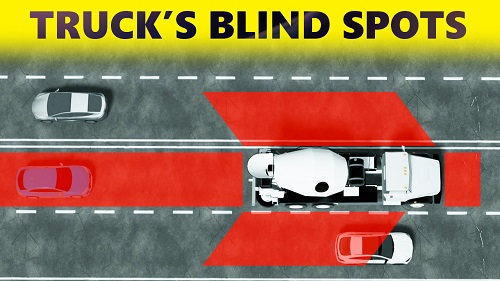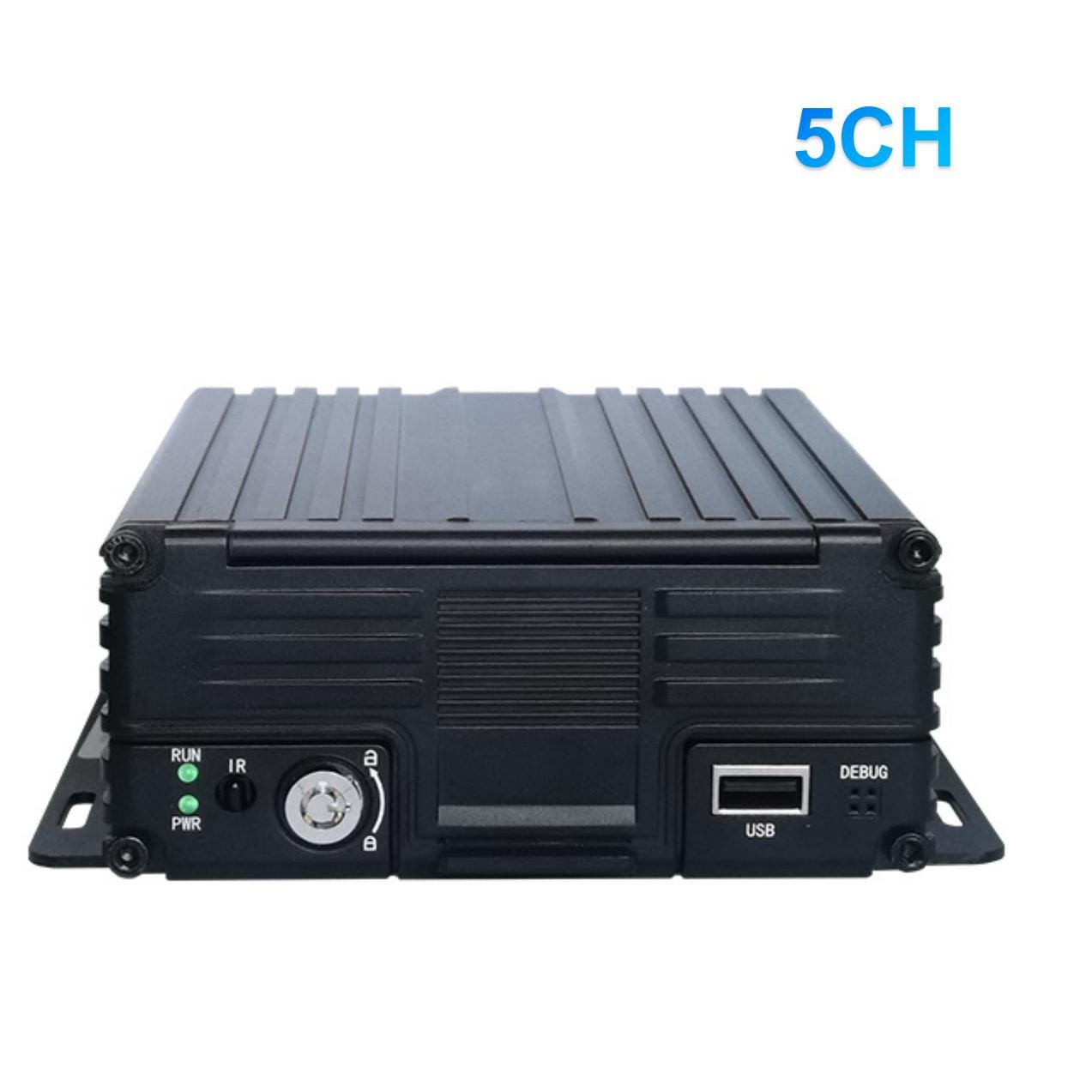In an era dominated by technological advancements, our vehicles are becoming more than just modes of transportation. The integration of innovative devices is transforming the way we drive, with one such device making a significant impact on road safety—the driving recorder. Also known as a dash cam, this compact gadget has evolved into an essential tool for both professional drivers and everyday commuters.

Understanding the Driving Recorder
A driving recorder is a small, discreet camera mounted on the dashboard or windshield of a vehicle. Its primary function is to continuously record footage of the road ahead and, in some cases, the interior of the vehicle. This footage is stored on a memory card, creating a detailed record of the driver’s journey.
Functions of a Driving Recorder
1. Accident Documentation
One of the primary functions of a driving recorder is to serve as a silent witness in the event of an accident. The camera captures crucial details such as the speed of the vehicle, the actions of other drivers, and the sequence of events leading up to a collision. This documentation can be invaluable in determining fault and providing evidence in insurance claims or legal proceedings.
2. Parking Surveillance
Many modern driving recorders come equipped with a parking mode feature. When the vehicle is parked, the camera remains active and starts recording if it detects any motion or impact. This not only acts as a deterrent for potential vandals or thieves but also provides evidence in case of hit-and-run incidents in parking lots.
3. Driver Behavior Monitoring
Some driving recorders are designed to monitor and assess driver behavior. These devices can track factors such as speeding, abrupt acceleration, harsh braking, and lane departure. The recorded data can be used for self-reflection or by fleet managers to promote safe driving practices among their drivers.
4. Road Trip Memories
Beyond safety features, driving recorders can also be used to capture scenic drives or memorable road trips. The ability to record high-quality footage allows drivers to document their journeys and share the experience with friends and family.
Benefits of Using a Driving Recorder
1. Enhanced Safety
The most significant advantage of using a driving recorder is the enhancement of road safety. The documented evidence can help resolve disputes quickly and accurately, leading to a safer driving environment for everyone on the road.
2. Insurance Cost Savings
Insurance companies may offer discounts to drivers who install driving recorders in their vehicles. The documented evidence can streamline the claims process, reduce fraud, and result in lower insurance premiums for responsible drivers.
3. Peace of Mind
Knowing that every journey is recorded provides a sense of security and peace of mind. Whether driving for business or leisure, having a driving recorder onboard adds an extra layer of protection and confidence.
4. Legal Protection
In case of accidents or disputes, the recorded footage can serve as indisputable evidence, protecting drivers from false accusations and legal complications.
Conclusion
The driving recorder has evolved from a niche gadget to an essential tool for modern drivers. Its multifunctional capabilities not only enhance safety on the road but also offer a range of practical benefits. As technology continues to advance, the driving recorder remains a key player in the quest for safer and more secure journeys.









